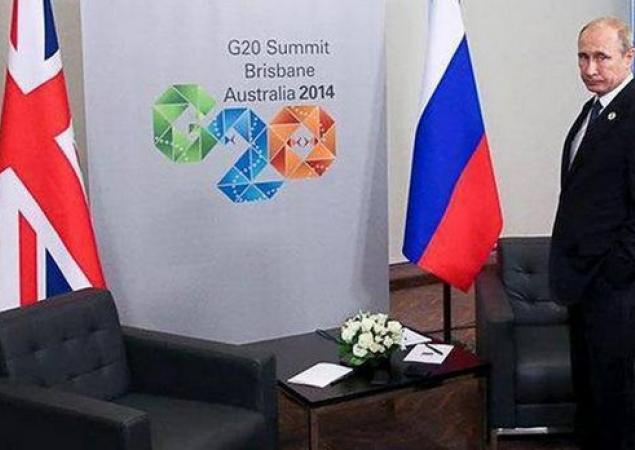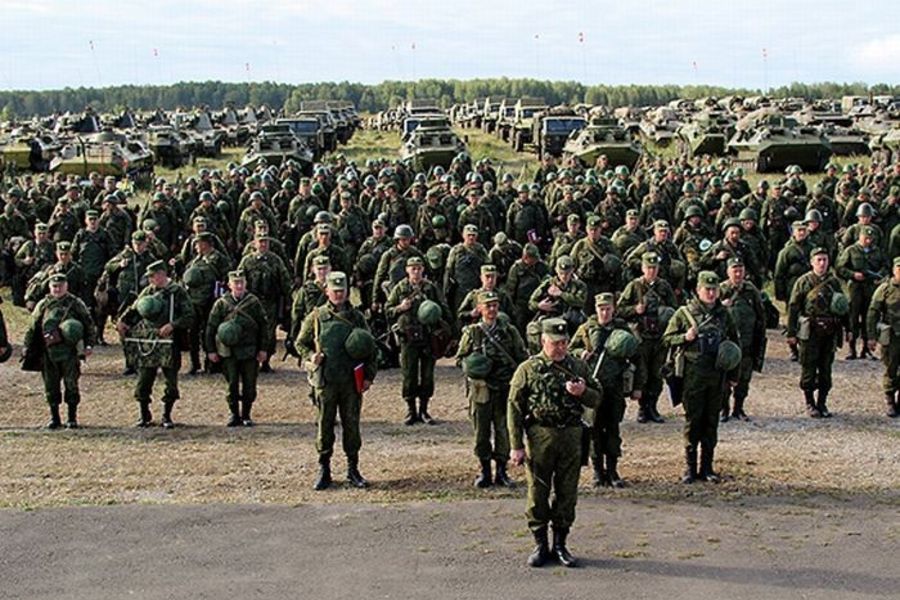The Putin personality cult is “not only and even not so much a benefit” to the Kremlin leader himself “as to his elite which hiding behind it” is confident that in the end he and not they will be punished “and in many regard justly” for everything, a pattern that means this “unhealthy phenomenon will only grow” and degenerate, Kseniya Kirillova says.
This means, of course, that the more angry some members of the elite may be at Putin and his policies and the more desirous such people are of seeing him pass from the scene, the more reason they have to play up rather than see undermined the personality cult precisely so they can flourish after him.
The US-based Russian analyst draws that conclusion at the end of an article in which she traces the rise of the Putin personality cult from the very first days of his first term as president to its current state in which he has become supposedly “an idol” of the Russian population (nr2.com.ua/blogs/Ksenija_Kirillova/Kak-Putin-stal-kumirom-rossiyan-120882.html).
But if Putin has promoted a personality cult, Kirillova says, it has been a very different one from those of his Soviet predecessors. He was not immediately accepted as a new “leader” of the Stalinist type but rather as someone who was better than the alternative, first better than Boris Yeltsin and now as a guarantor of stability without whom there would be chaos.
The first of these “cults,” she continues, was one in which “it was still very difficult to distinguish between a healthy popularity” and “a real cult of personality.” Rather, Russians viewed Putin as “not an ideal leader but a normal one” – and that to many of them seemed almost “a miracle.”
The second of these “cults” too, Kirillova says, is also different from what many think. It rests not on love of Putin but on fear of the alternative, a fear that has only been exacerbated during the current crisis by Kremlin operatives who seek to boost Putin by portraying anyone else as a potential disaster.




